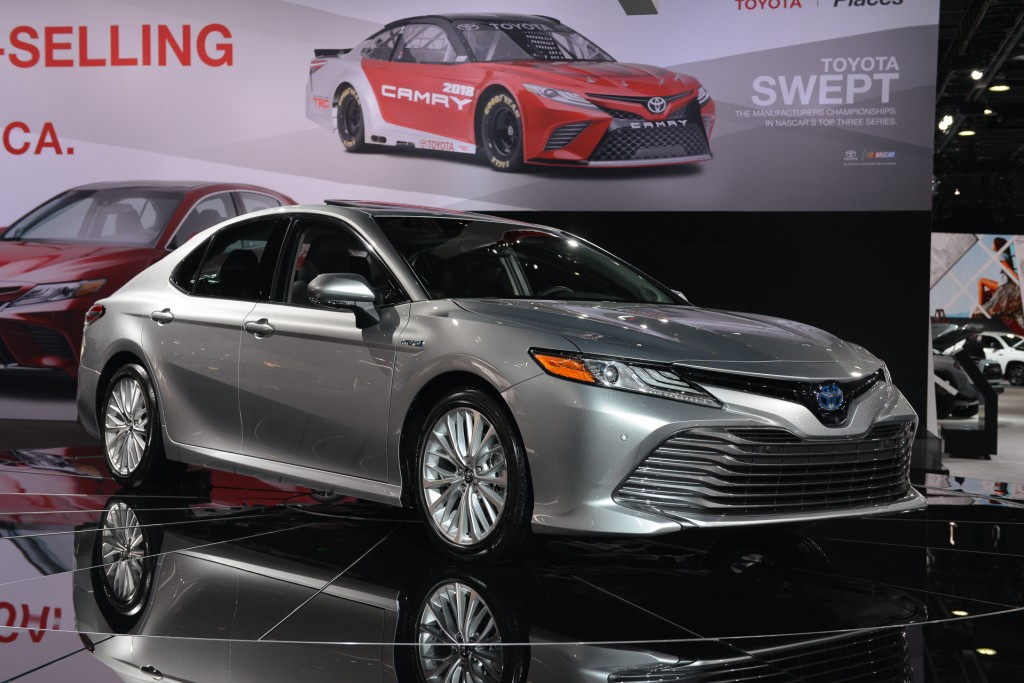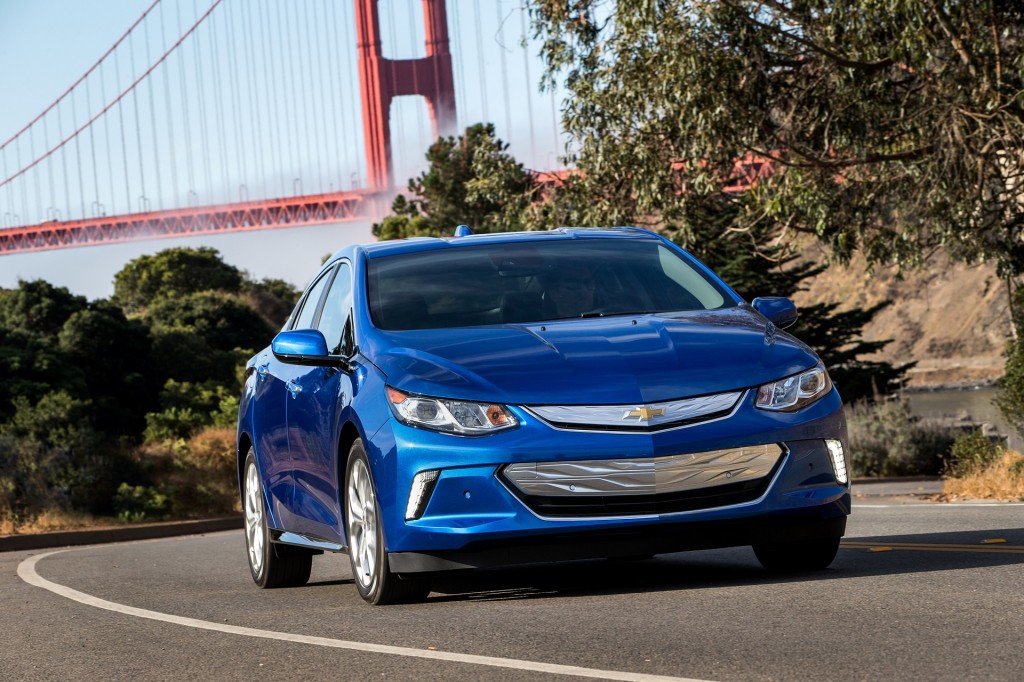Toyota has been by far the most reluctant of recent converts to the idea that battery-electric vehicles might be practical and desirable.
Only within the last year has the company moved past its decade-long insistence that all-electric cars were only suitable for tiny, low-range urban uses.
Still, old habits die hard, and the company continues to believe that plug-in hybrids like its current Toyota Prius Prime will catch on with buyers more quickly than fully electric cars.
WATCH THIS: 2017 Toyota Prius Prime vs 2017 Chevrolet Volt: plug-in hybrid video test
That's the word from none other than the company's chairman, Takeshi Uchiyamada, also known as "the father of the Prius" for his role in developing the innovative hybrid car.
With the Prius now 20 years old, and more than 10 million hybrids sold, Toyota leads the world's automakers in hybrid technology and sales by far.
It can't say the same about plug-in vehicles, however, given its sales of fewer than 100,000 first-generation plug-in Prius hybrids from 2012 through 2015.

2017 Toyota Prius Prime Premium
The new Prius Prime, a far better and more electric vehicle, is selling well thus far, but Toyota lags behind General Motors, Nissan, and Tesla in total sales of vehicles with plugs.
Uchiyamada made his prediction on the primacy of plug-in hybrids at a launch event introducing the Prius Prime to the Japanese market, as reported by Reuters.
It went on sale in the U.S. last November, though some buyers continue to report trouble in ordering one outside California.
CHECK OUT: U.S. dealers mislead Toyota Prius Prime buyers; more education needed
The Prius Prime will go on sale in various European countries starting this March.
Toyota's chairman said he expected the company to sell 1 million plug-in hybrids within 10 years, which would match its sales of hybrid vehicles starting in 1997.
That means it would sell its 1-millionth Prius Prime (or another plug-in model) sometime during 2021.

2018 Toyota Camry
So far, the two generations of plug-in Prius have been the company's only plug-in hybrid offerings.
Uchiyamada declined to comment on the possibility of any future plug-in hybrid models at the Japanese launch event.
The absence of a plug-in hybrid version of the new Toyota Camry, however, is notable.
DON'T MISS: 2018 Toyota Camry Hybrid: two battery options, 'best-in-class' MPG
Toyota launched the 2018 Camry mid-size sedan at last month's Detroit auto show, unveiling the gasoline version and referring to the hybrid model as having "best-in-class fuel economy" when it arrives.
Some of that car's competitors—hybrid models of the Ford Fusion, Hyundai Sonata, and Kia Optima—all offer plug-in hybrid versions, or will do soon.
Two other competitors, the hybrid versions of the Chevrolet Malibu and Honda Accord, have (or will have) plug-in hybrids alongside them in the showroom: the Chevy Volt and upcoming Honda Clarity Plug-In, respectively.

2017 Chevrolet Volt
In other words, a Toyota Camry Prime seems like it could be a good bet for sometime in the future.
Meanwhile, in a sign of its importance, Toyota's CEO will take the helm of the project team that plans to launch the company's first mass-market battery-electric vehicle in 2020.
That would be Akio Toyoda, who has led the company since 2009 and happens to be the namesake and a direct descendant of the company's founder.
That has led to suggestions that the company knows it is now playing catch-up in high-volume all-electric vehicles.
_______________________________________













